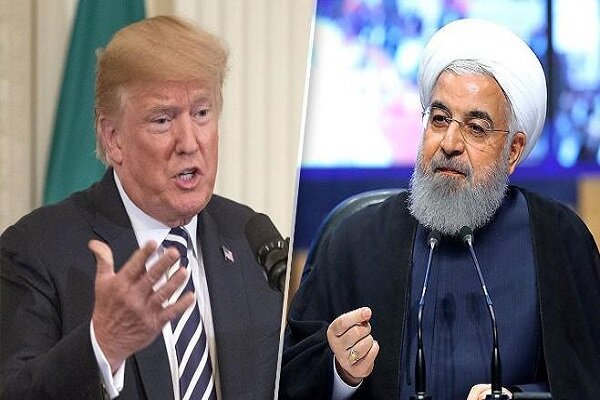As she wrote, "Macron intended to set up a three-way telephone conversation with Rouhani and President Trump. A team of technicians arrived to set up a secure line, in a meeting room on Rouhani’s floor, for the call at 9:30 p.m."
"Earlier in the day, Macron, alongside the British Prime Minister, Boris Johnson, had urged Rouhani to talk with Trump. Macron’s mission in New York was to secure a verbal agreement from Trump and Rouhani on a four-point plan to jump-start diplomacy—and to avoid another Middle East war," she added.
"Macron hoped that the telephone conversation would lay the groundwork for the first meeting between an American President and an Iranian President since Tehran’s 1979 revolution."
As she continued, Trump has repeatedly signalled an interest in meeting Iranian leaders. During the previous two UN General Assembly meetings, in 2017 and 2018, he has conveyed secret messages, through the French, asking to meet Rouhani. In July, Senator Rand Paul, the Kentucky Republican and Trump golf partner, hand-carried an invitation to Iran’s Foreign Minister, Mohammad Javad Zarif, to visit the White House—that very week. In late August, during the G-7 summit in Biarritz, Trump asked Macron to set up a meeting with Zarif, who was holding talks nearby with French officials. At the UN last week, Trump expressed his interest to reporters. “They’re here, we’re here, but we have not agreed to that yet,” he said. “But they would like to negotiate. And it would certainly make sense.”
"The Iranians, however, don’t trust Trump," she wrote.
"Four days before Trump arrived in New York, the Administration added another layer of sanctions, this time on Iran’s Central Bank. This year, the Trump Administration has imposed at least sixteen new rounds of sanctions on Iran, beyond those reimposed last year," Wright described.
"After every Trump overture, Rouhani and Zarif have responded that the United States must first publicly promise to lift sanctions."
"Trump’s speech to the UN last week didn’t foster trust, either."
By the end of Tuesday, Rouhani was in no mood to believe that Trump would take the first step and promise to lift sanctions. When Macron showed up, Rouhani had already retreated to his bedroom. “This was just a game to get us to a meeting without any assurances that Trump would deliver,” Zarif later told Wright.
The call to Trump’s line came through at nine-thirty, according to sources familiar with events that evening. Macron took the call. But Rouhani never emerged from his room. “As we have been doing for several months, we worked in New York to get Iran to make new commitments and for the US, in exchange, to ease sanctions,” a French diplomat told Wright. “We made technical arrangements in the event that a telephone call could take place. That call did not take place.” The next day, Trump banned Iranian officials and their families from the United States.
MNA/PR

























Your Comment